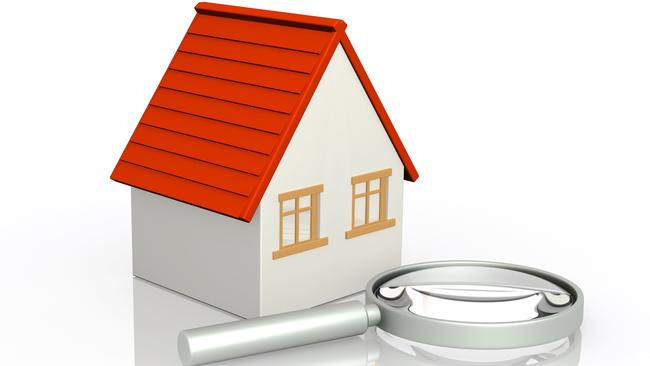Mortgage stress on rise due to household debt, soft growth
The housing market might be improving but Moody’s says the rate of late mortgage payments is showing no signs of recovery.

The housing market might be improving but Moody’s says the rate of late mortgage payments is showing no signs of recovery.
Moody’s Investors Service said on Thursday mortgage delinquencies were set to rise moderately across the country next year on the back of soft economic growth and high household debt, even though interest rates were tipped to hit record lows.
According to Moody’s figures, the share of mortgages at least 30 days past due has grown from 1.58 per cent in May 2018 to 1.94 per cent in May this year.
Western Australia and Perth are the worst-performing areas, as the mining boom continues to unwind, while regions outside the capital cities also had higher rates of delinquency.
“Rising house prices and low interest rates will support mortgage performance over 2020 but we nevertheless expect delinquencies will rise moderately given muted economic conditions and high household debt,” Moody’s assistant vice president Christopher Chambers said.
Delinquencies were lowest in NSW and the ACT, especially in Sydney, thanks largely to the states’ lower rates of unemployment. The main industries in regions with low rates of delinquencies were professional services, characteristic of metropolitan areas.
The Northern Territory and South Australia had some of the highest rate of delinquencies, and those areas depend on employment from resources, agriculture or construction — industries hit hard.
Despite the downbeat assessment, the credit agency joined the chorus of organisations tipping a steady recovery in the property market, following CoreLogic’s assessment that Sydney prices were rising at their fastest pace in more than 30 years.
Based on November sales figures, dwelling prices advanced in all eight capital cities in November — 2.7 per cent in Sydney, 2.3 per cent in Melbourne and 0.8 per cent in Brisbane.


